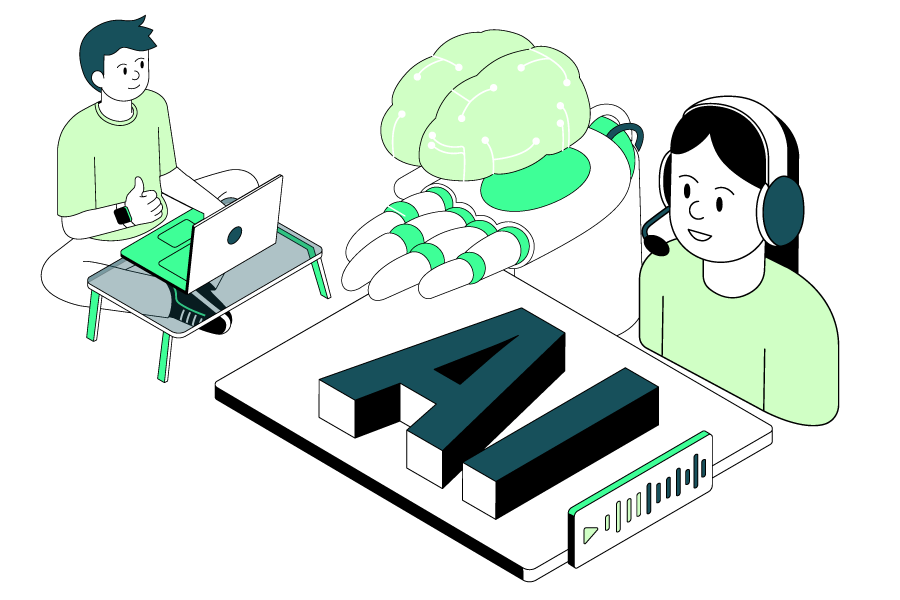By Jo Causon, CEO, The Institute of Customer Service
Fantastic support, excellent customer service, number one for customer satisfaction! Listening to the radio I’ve been struck in recent weeks with how customer service claims seem to have replaced catchy jingles in advertisements. In many ways, it is heartening to see that the outputs of our profession are being more valued by business and consumers. However, considering that our latest UK Customer Satisfaction Index shows that complaints have never been higher, I suspect some of these claims may not measure up in reality.
If we are to build a stronger economy as a Service Nation, it is important that we work closely with our marketing teams to help them understand what excellence truly looks like and to clearly communicate this. Advertising and marketing claims are tightly governed by their own codes, yet claims such as “fantastic support” can be allowed due to a clause that permits ‘obvious exaggerations (“puffery”)’ and ‘claims that the average consumer is unlikely to take literally’.
Aside from the risk of a loss of customer trust from such puffery, we should be wary of how poorly-evidenced claims might, in the long-term, impose unwanted controls on business or distort markets. Just last week the Government acted to tackle perceived “green-washing” of electricity tariffs amid concerns that some are overstating how environmentally friendly their products truly are. Thankfully the term “service wash” has already been taken by dry cleaners, but that doesn’t mean that any of us can avoid responsibility for such claims.
We’ve long tracked customer service quality through independent polling of consumers. Our ServiceMark accreditation is a trusted mark of excellence, which shows an organisation has achieved the required standard objectively measured through a combination of external and internal surveys and assessment. Those that have achieved ServiceMark include LV= Broker, Laithwaites and Wickes – all of which incorporate it into their customer communications and advertising in different ways. Customer trust is critical and it starts with communicating it in authentic and honest ways and backing up bold claims with hard evidence.
So what’s the solution, and how can the truly excellent stand out from those falsely claiming the same? To my mind the responsibility lies with us all. We must back up our own claims, keep our promises to customers and admit when we fall short. We should always strive to ensure the experiences we deliver measure up to the expectations set, but not be afraid of failure. And right now – when the pressure is on, with supply chain, skills and staff challenges – we should also be communicating to customers about the impact of these clearly.
Establishing trust with consumers is critical, and admitting where things have not gone perfectly first time is part of that journey. Businesses need to be honest, not only with their customers but with themselves, and ensure they can live up to the claims they make in their 20-second radio spots. Service-wash should be left to the laundrettes, and those tempted to “wash whiter than white” with their customer service claims need to reset their rhetoric. There is in my mind a real opportunity as we adapt to the new world to reset, and focus on how we build a genuinely resilient service experience which will require us all – organisations, stakeholders and customers to think through what we expect and need – linking back to our purpose, ensuring we remain relevant and thinking hard about the legacies we wish to leave. As The Institute embarks on its next three strategy, we too will be reflecting and continuing to learn as we move forward to support the creation of the new Service Nation.



